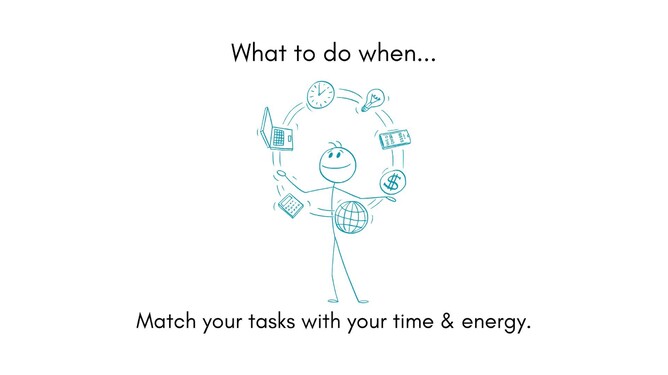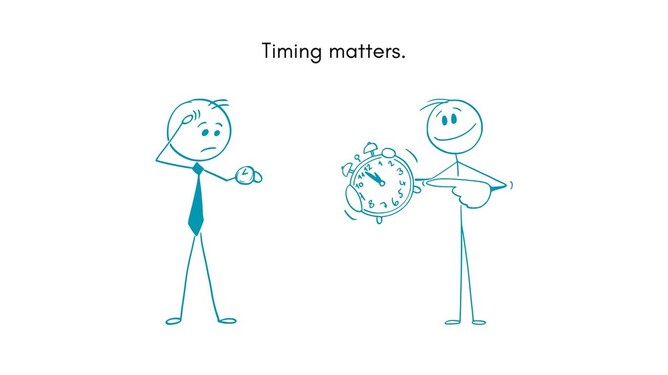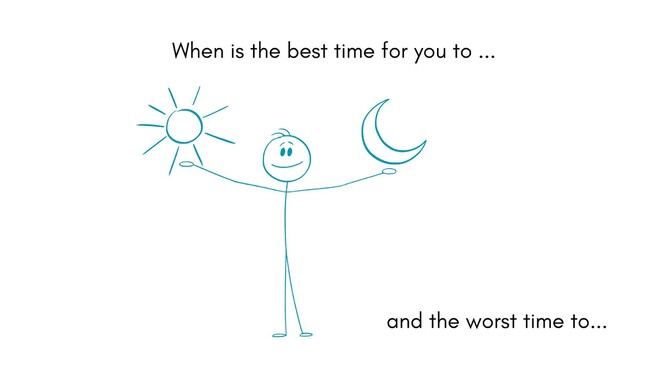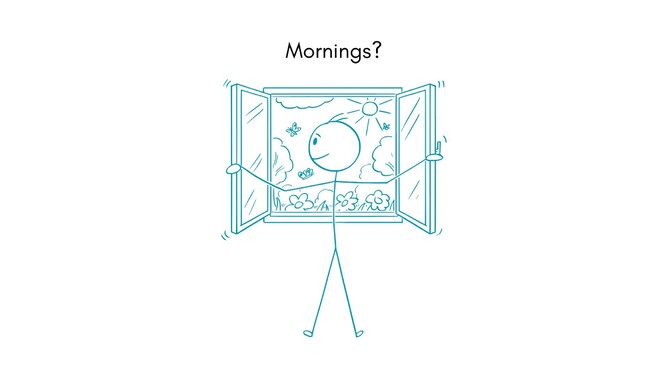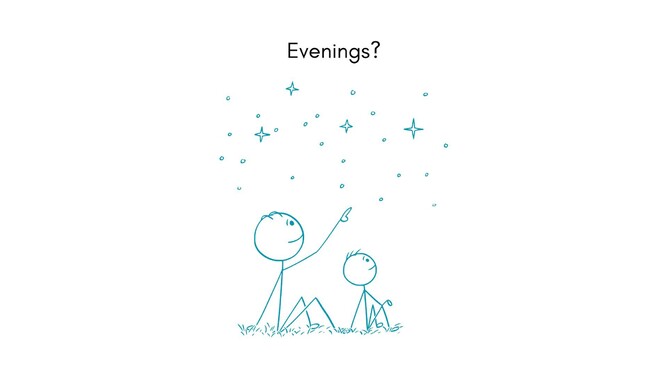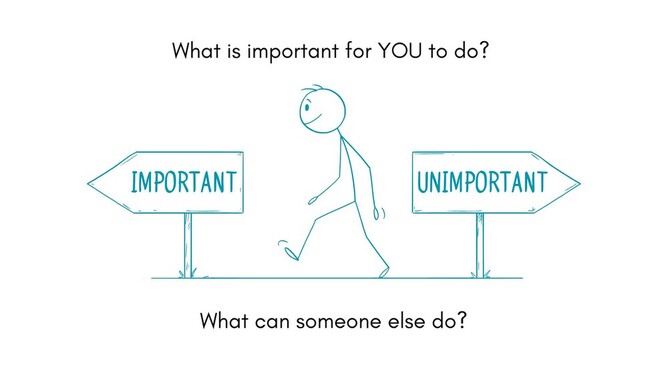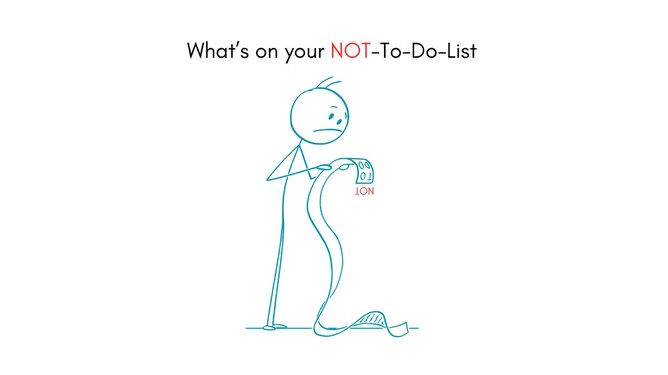'I’m busy. I have so much to do. I don’t know where all the time went.' Perhaps you find yourself thinking these thoughts fairly regularly. But then, when it comes to actually doing what you have on your to-do list, you work slowly, cannot concentrate, avoid tasks, and procrastinate. So, today’s blog is about figuring out your personal timing and energy levels and how to match tasks to make it work for you. Because, surprise, surprise, we are all a bit different - even though our very structured society with its 9-5 jobs and 8-3 school might suggest otherwise…
First, I’d suggest you go slow to go fast.
That means you take the time to figure out a few fundamental things first and put the routines and structures in place that work for you, rather than jumping headfirst into trying to complete tasks. This will take a little more time initially but will pay off later. Let's distinguish between time and energy management. Those are two different things. Often, we try to manage our time. We need to pay more attention to our energy levels. Just because I have time doesn’t mean I will get anything done. If I’ve hit a period of low energy in the day, attempting tasks that require a lot of energy and clear thinking will get frustrating. Equally, if I have lots of energy and a clear head to do more sophisticated tasks, having to do admin(istrivia) will cause me real frustration. So, figure out the best time for you to do certain tasks.
Yes, this is an exercise in self-awareness.
You are welcome. ;)
David Keane's book^ has a couple of great prompts, and I suggest you use those prompts (and maybe read his book). He asks his readers to reflect on the best and worst times of day to do certain tasks.
Here is an example:
Early mornings are the best time for me to <...> and the worst time for me to <...>
Here is how I would complete this sentence:
'Early mornings are the best time for me to exercise, be outside, read, or write and the worst time for me to do any low key administrative tasks (things that I affectionately call administrivia, eg. report writing, marking, tracking of progress, general life admin, paying bills, etc.), or general maintenance tasks, (eg. going to the supermarket, cleaning, etc.) because these don’t require much energy and I have a lot of energy and capacity in the morning. Wasting that energy frustrates me. So it's not a good time to do administrivia in the early morning.'
The second half of each statement is where the real value lies. It prompts us to think about what tasks least fit into particular times because our energy doesn't match what's required. And most of us rarely, if ever, think about it in that way. It was a real eye-opener when I first came across it. I realised that early afternoons are the best time for me to do boring or low-energy admin tasks (administrivia) because I have just enough energy not to get it wrong but not much more.
So, take the time to write down each statement and complete them for yourself:
Early mornings are the best time for me to <...>, and the worst time for me to <...>.
Late mornings are the best time for me to <...>, and the worst time for me to <...>.
Midday is the best time for me to <...>, and the worst time for me to <...>.
Early afternoons are the best time for me to <...>, and the worst time for me to <...>.
Late afternoons are the best time for me to <...>, and the worst time for me to <...>.
Early evenings are the best time for me to <...>, and the worst time for me to <...>.
Late evenings are the best time for me to <...>, and the worst time for me to <...>.
Have a good look at what you have written.
Rather than starting your day with your To-Do-List, and working through it top to bottom, think about it. Go slow to go fast. You can deliberately plan what you want to work on at what time of day. Depending on what your tasks are or what your work is, this may take a little time and practice. And, initially, you might say, ‘Well, that’s nice that this works for you, Tina, but you don’t know my job or my day or my tasks.’ True. I don’t. And yet, I think many of us have more control and opportunities to influence how we work and when we do what we do than we are initially aware.
So, here is a little challenge for you: Look at your reflections in the statements above and see if you can move some of your tasks and activities around to better suit your energy levels throughout the day.
Note that I am not asking you to remove tasks (yet). You are working on the assumption that you still have to complete the same tasks; you just allocate them to a time of day or a moment in the week when you have sufficient energy to complete that particular task. Allocate tasks that require little energy to times when you have enough energy to complete them, but not necessarily more. Allocate tasks that require lots of energy, focus, and critical or sophisticated thinking to times when you have that level of energy. For some of you, this might be during a run. Many people do their best thinking when they are exercising or while having a shower. So make sure you schedule that run (and the shower) for a good time, and go and do it.
If you run into obstacles, see if there are ways to overcome them. There will be some things that are difficult to change. For example, as I have explained, early afternoons are the best time for me to do low-level administrivia; tasks that don’t take much energy. Early afternoons are also the worst time for me to exercise or have important meetings. So, I try to schedule both meetings and exercise at different times of day in the first place. Sometimes, this is outside of my control. In those situations, I try to make it easier to do the tasks that I struggle with in the afternoon, e.g. If early afternoon is the only time I can fit in some exercise that day, I pack my gym bag early, or I am already in workout clothes (if appropriate) during the morning, so I have no excuse. If I have something in the early afternoon that requires focus, I make sure I have enough decent food. That way, I don't get hangry or frustrated because I haven’t eaten enough, and I try to drink enough water to stay hydrated, as dehydration quickly affects my concentration.
So, even in situations where you do not control your schedule, you can likely find an element you can influence. Use it.
You can do the same kind of reflection across your week, ie. Are there things that are best done at the start of the week and much harder later in the week? Are there things best done on the weekend rather than during the week, e.g. I need to get any admin, cleaning and shopping done during the week because I hate having to do those things on the weekend when I’d rather be outside adventuring, meeting friends or working on one of my projects. It frustrates me if I have to do them on the weekend. So I try not to.
You get the idea. Think about it and influence it. Make it work for you.
It can help to socialise your learning, i.e. tell someone else about it. So if you are flatting or living with your partner or family, you could share your discoveries with them. It can also be useful to do this little reflection together. Not only does this grow each individual’s self-awareness, but it also helps you understand each other better. You might discover the best times for you to have serious conversations, the moments when others focus best and therefore hate being interrupted, and you might discover when during the day or week you find yourself in the same energy and head space.
Try it.
Another important part of time and energy management is deciding what not to do. A not-to-do list can help here. If you like to-do lists, this could be for you because you can write yourself a whole list of things you are committing to not doing, and at the end of the day or the week, or whatever time frame you set yourself, you can tick it all off. This can be fun.
Lots of people struggle to let go of doing tasks, even if they are not essential or they don’t have to do that task. Being able to delegate and delete tasks from your task list is important if you want more control over your time and energy. So, if you look at the list of tasks you have to complete across, say, a day or a week, think:
For which tasks is it essential that I do them?
Which tasks could someone else do?
Am I doing any of these tasks because I have always done them? People around me expect that I will do it because I have always been the one to do them.
Are there any tasks where you are currently the one who has the skills and the knowledge to do it well and easily, but the skill could be picked up by someone else relatively quickly? And then they could do it?
These last couple of questions are particularly relevant in flat-sharing situations, relationships, and also with kids, whether they are your own or kids you live with. This is also useful if you teach or coach kids or teenagers. There are often tasks you can delegate to them. There will naturally be a period where others need to learn the skills that, thus far, only you have honed. So, initially, the task might not be completed to the standard you expect. You’ll need to learn to tolerate that, be patient, give feedback, and provide opportunities to practise. After a while, you will reap the rewards because others can do some of the tasks on your to-do list. Those tasks can now forever stay on your not-to-do list. And that will free you up. More time and energy for you.
That's it for another week. I hope you find this useful and that it has made you think. If you know someone who might find this one helpful, please share it with them. As always, I’d love to hear from you. Message me on Instagram @mankertina
Key points:
Pay attention to your energy throughout the day and the week.
Figure out when the best and the worst times are for you to do certain things.
Work out what you need to do yourself and what you can delegate.
Reflection Questions:
Well, there are really enough reflection prompts in this blog already - so do them first. If you’d like some more, try these after you have reflected on the best and the worst time to complete your tasks, and have implemented some changes:
Which change to the timing of a task has made the biggest difference?
What have you discovered about your energy that you didn’t know before reading this post?
Who can you share what you have figured out with?
What is on your Not-To-Do List for next week?
References:
^Keane, David. The Art of Deliberate Success: The 10 Behaviours of Successful People. John Wiley & Sons Australia Ltd. 2012
